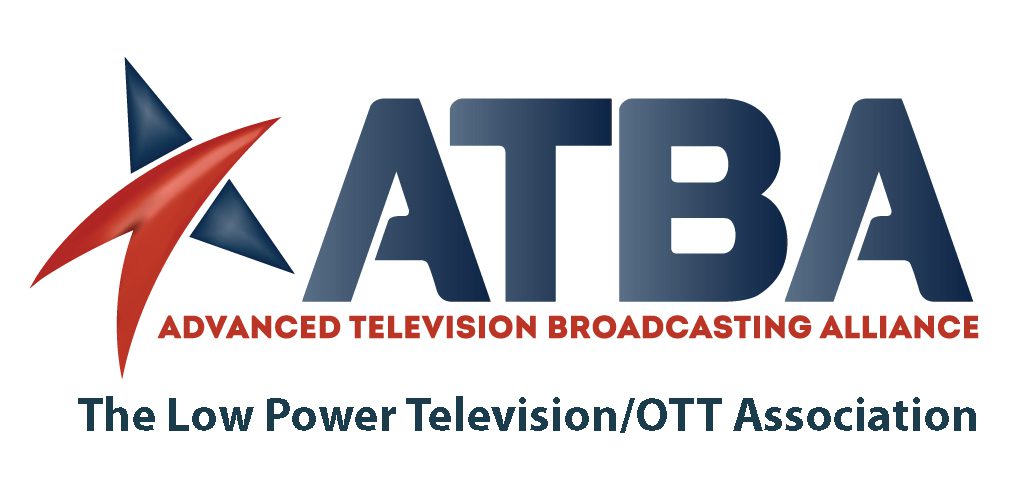by Lee Miller, ATBA Executive Director
As the Low Power Television (LPTV) industry continues to adapt to the evolving work landscape, one of the most significant changes has been the shift to remote and hybrid work environments. Leading remotely requires a different set of skills compared to traditional in-person leadership. To effectively manage their teams, leaders in the LPTV industry must develop competencies in virtual communication, emotional intelligence, and digital literacy. Here’s how these skills can be cultivated to enhance remote leadership.
Virtual Communication
Effective communication is the cornerstone of successful remote leadership. In a remote setting, leaders must be adept at using various communication tools and platforms to maintain clear and consistent contact with their teams.
- Utilize Multiple Channels: Leverage a variety of communication tools such as email, instant messaging, video conferencing, and project management software. Each tool serves a different purpose and can be used to address different types of communication needs.
- Set Clear Expectations: Clearly articulate goals, deadlines, and expectations. Regular updates and check-ins can help ensure everyone is aligned and on track.
- Active Listening: Practice active listening during virtual meetings. This involves paying full attention to the speaker, acknowledging their points, and providing thoughtful feedback.
Emotional Intelligence
Emotional intelligence (EI) is critical for managing remote teams. It involves understanding and managing your own emotions, as well as recognizing and influencing the emotions of others.
- Empathy: Show empathy by being aware of the challenges your team members might be facing. This could include balancing work with home responsibilities or dealing with isolation. Acknowledge these challenges and offer support.
- Build Trust: Foster trust by being transparent, reliable, and consistent in your actions and communication. Trust is essential for creating a positive remote work culture.
- Conflict Resolution: Address conflicts promptly and effectively. Use your emotional intelligence to navigate and resolve disputes, ensuring that all parties feel heard and respected.
Digital Literacy
Digital literacy refers to the ability to effectively use digital tools and technologies. As remote work relies heavily on digital platforms, leaders must be proficient in these tools to manage their teams efficiently.
- Stay Updated: Keep abreast of the latest digital tools and platforms that can enhance remote work. This includes communication tools, project management software, and collaboration platforms.
- Training and Development: Invest in training programs for yourself and your team to improve digital literacy. This can help everyone stay productive and engaged.
- Cybersecurity Awareness: Ensure that you and your team are aware of cybersecurity best practices. Protecting sensitive information is crucial in a remote work environment.
Developing remote leadership skills is essential for navigating the new work landscape in the low-power TV industry. By honing competencies in virtual communication, emotional intelligence, and digital literacy, leaders can effectively manage their remote teams, ensuring productivity, engagement, and a positive work culture.
As we continue to embrace the shift towards remote and hybrid work environments, investing in these skills will be crucial for the success and sustainability of the LPTV industry. By doing so, leaders can not only manage their teams more effectively but also foster a more inclusive, flexible, and resilient work environment.
For more insights and tips on enhancing your leadership skills, stay tuned to our newsletter and follow us on our social media channels. Together, we can navigate the future of work and continue to thrive in the LPTV industry.
